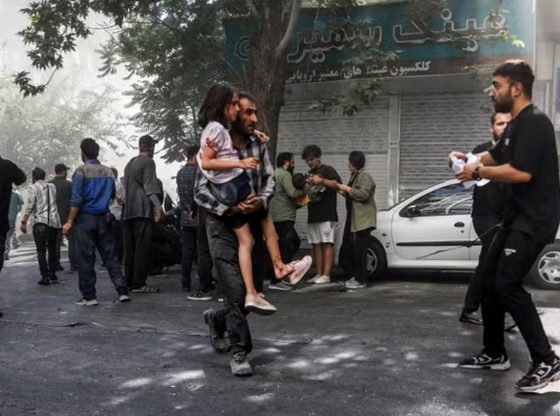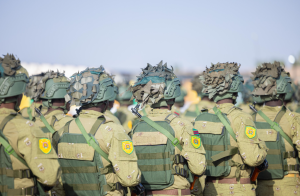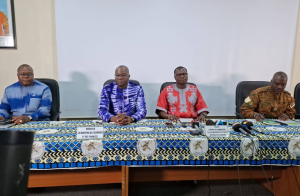The Deafening silence: Human Rights groups and the Israel-Iran conflict

The recent escalation between Israel and Iran has left countless civilians dead on both sides. Yet where are the impassioned reports from Amnesty International and Human Rights Watch that we’ve come to expect when conflicts erupt in Africa? Their relative silence speaks volumes about the troubling double standards in international human rights advocacy.
These organizations have built their reputations on rapid response. When violence flares in the Sahel or elsewhere in Africa, they’re quick to issue detailed condemnations, often within days.
Their press releases flood inboxes, their experts dominate airwaves, and their calls for investigations and sanctions echo through the halls of the United Nations.
But the rules appear to change when the conflict involves major global powers or their allies.
The Israel-Iran confrontation, with its complex geopolitical dimensions and powerful stakeholders, has been met with what can only be described as cautious hesitation.
Where are the urgent bulletins? The viral social media campaigns? The demands for immediate accountability?
This selective approach to human rights violations has not gone unnoticed. Across Africa, from Dakar to Nairobi, analysts and civil society leaders are asking uncomfortable questions.
Why does the value of human life seem to fluctuate based on geography and political alignments? Why do some victims merit instant outrage while others receive measured silence?
The implications are profound. When human rights organizations apply different standards to different conflicts, they risk becoming part of the very power structures they claim to challenge. Their credibility suffers, particularly in the Global South where many now view them as instruments of selective moral outrage rather than impartial defenders of universal principles.
This moment demands reflection from the human rights community. Either the defense of human dignity is truly universal, or it’s merely another tool of geopolitical influence.
Olivier TOE






